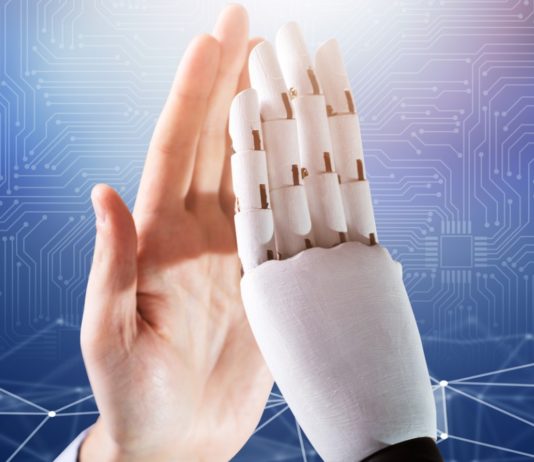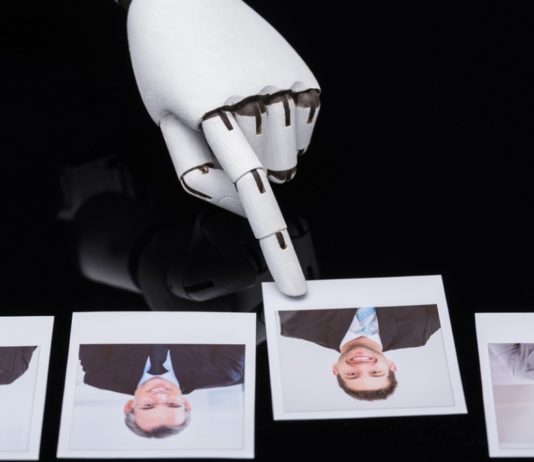The great majority of HR leaders believe their jobs are transforming
so dramatically, they’ll be unrecognizable in 10 years. But at the same time, a
significant number doubt their organizations will be able to keep up with the
change.
Eighty-two percent of the HR executives predicted the change,
which they said would be driven...
Here’s a conundrum: One report says 67 percent of workers
prefer to report inappropriate behavior to their manager rather than through
any other channel. Meanwhile, another report says 64 percent trust robots more
than they do their managers.
The first study is the Employee Experience Survey from employee
relations and investigations management platform HR...
Despite all the talk of digital transformation and the
dynamic workforce, Gartner says only 9 percent of CHROs believe their companies
are prepared for the future of work.
To prepare for “this next phase” of work, companies must
plan for and leverage the changes in the way work will get done over...
Weeks after Uber focused a whiff of attention on gig technology
by launching a pilot of its Uber Works platform in Chicago, the space continues
to simmer with fresh funding and new entrants.
We say a “whiff” of attention because the continued growth of gig technology and services has become an accepted...
Candidate resentment is steadily rising, showing an increase
of 40 percent from 2016, according to the Talent Board. And this year candidates
are less likely than they were in 2018 to apply to a company, or recommend it
to others, if they’ve suffered negative experiences in the past.
The Talent Board’s annual...
While analysts, vendors and an increasing number of
enterprise-level HR executives extol the impact technology-powered workforce
management can have on business results, most corporate leaders don’t seem to
be getting the message.
One result: the transformation to “digital HR” isn’t proceeding as rapidly as many would believe. While most HR departments have...
Déjà vu all over again: Corporate leaders recognize that
their workforces are changing dramatically, but they’re dithering when it comes
to preparing for the future those changes will bring.
According to Ceridian’s 2020 Future of Work Report, nearly 75 percent of decision-makers are worried about the health of their industry over the...
Most companies manage their external workers with procurement-focused
systems that address tasks involved with contracts, purchase orders and payment
but do little to help oversee their performance on the ground.
That’s one of the conclusions of Services Procurement
Insights 2019, a report from SAP Fieldglass and Oxford Economics. Though
SAP’s bias here is obvious—Fieldglass...
Recruiters and recruiting technology vendors have committed themselves to incorporating advanced technology into their processes. But a sizable majority of candidates say they’d feel uncomfortable using an AI-based interview app during the screening process.
A Harris Poll conducted on behalf of outsourcing firm Yoh found that 88 percent of Americans...
The staffing industry is jumping into the world of AI, with
two-thirds of staffing firms overall planning to implement an artificial
intelligence-driven ATS by the end of 2020. Of “enterprise” staffing firms,
meaning those with more than 100 recruiters, an even greater proportion—79 percent—will
adopt AI.
“Now that the reality of AI technology in...






















